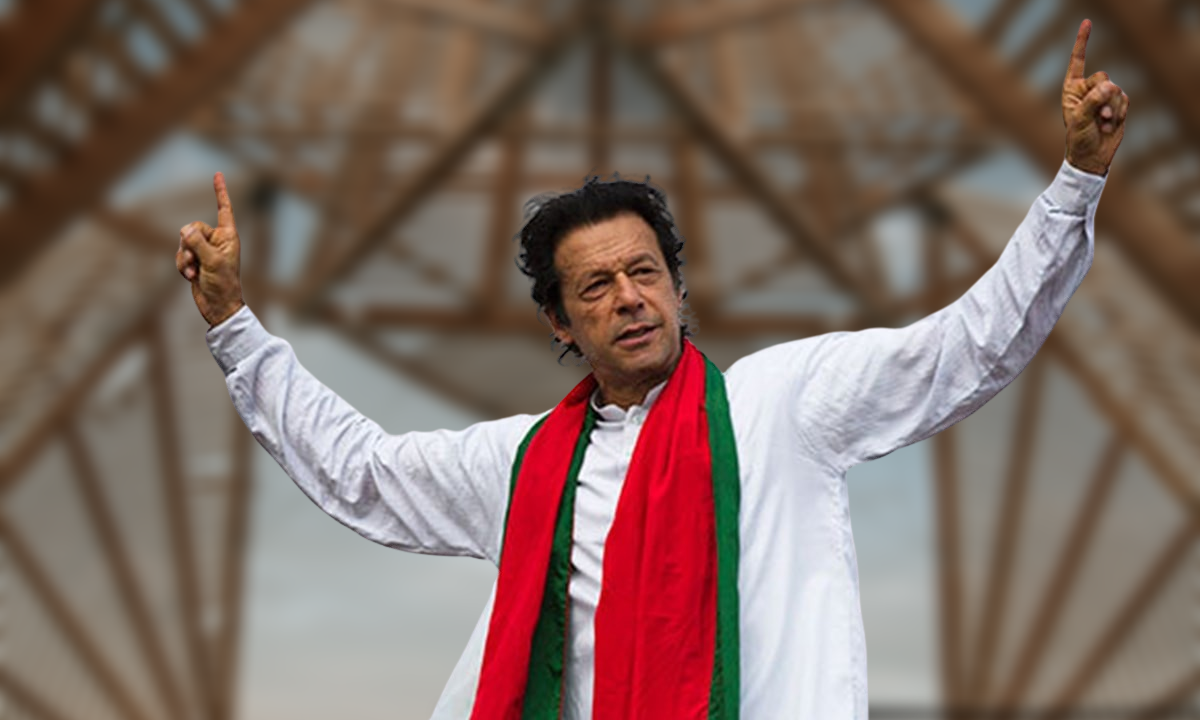
7 Shocking Truths About Imran Khan’s Leadership Journey
Millions have watched Imran Khan go from cricket superstar to Prime Minister of Pakistan. He was heralded as rising to power and delivering new political dawn to the country that would offer a fresh start for Pakistan. But as any leader does, he has both victories and setbacks along his way. From Imran Khan’s leadership we see the same traits celebrated – his vision – as are criticized – his execution. His story is far from ordinary, what’s clear. In this post, we will also discover 7 shocking facts about Imran Khan’s leadership journey that will be extremely insightful and contestable.
1. Vues inébranlables d’Imran Khan pour un “Naya Pakistan”
Imran Khan’s leadership has always been rooted in one central vision: “A corruption free, justice and equal society,” — a new nation, Naya Pakistan. Following his cricket, Khan focused on changing Pakistan’s brittle political system. His story of making it through failure into success, that touched the lives of millions, kept others believing that he might be a ray of hope for meaningful change.
It was audacious in vision. Khan promised to provide a fresh start to allegedly corrupt Pakistani politics which reigned for decades. His message was simple but powerful: he would be the one to set up a merit based Pakistan not a favoritism based one. This powerful vision acquired popularity quickly, and it advanced him to power. Although he is obviously charismatic personally, the unfortunate truth is that the implementation of this vision has, in reality, been much more difficult than enthusiasts would have you believe.
Khan’s “Naya Pakistan” was not just something he promised on the campaign trail; it was one of these missions. In reality changing a system that had been entrenched for so long was far more difficult. His ambitious and inspiring leadership has had trouble rallying to deliver quick results and there is a glaring difference between the immediate and the romantic reality of governance.
10 Dark Secrets Bilawal Bhutto Zardari Won’t Admit
2. The relentless war against corruption
Imran Khan’s leadership has been marked out by his ferocious, unwavering bluster when it comes to corruption. From the very beginning, he made it clear: There would be no corruption. Many Pakistanis disillusioned with the country’s political elite swelled in numb of supporters for Khan’s anti-corruption rhetoric.
Under his government, he created the National Accountability Bureau (NAB) to initiate investigation and punish corruption at any level. But the shocking truth? It’s not been a straightforward anti corruption campaign. Critics of the campaign, organized by Khan, say it has been used to persecute political enemies, calling it unfair and ineffective.
But the political atmosphere became more and more polarized, although many lauded Khan’s belief in cleaning up Pakistan’s politics. For some, everything he did was necessary to take accountability, and for more it was a trumped up tool for political vendettas. The real shocker? Although his government’s efforts to cut out corruption are focused, it has been accused of authoritarianism in handling its political adversaries.
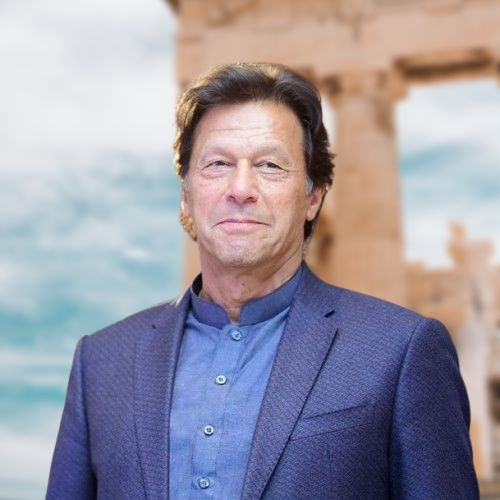
3. Economic Struggles: A Leadership Test
Pakistan’s economy was in poor health when Imran Khan took office. There was massive debt under the country, rising inflation, a deep fiscal crisis. One of the most important elements of the leadership platform of Khan was his promise to transform Pakistan’s economy. But the harsh truth is that his efforts to reform the economy have not succeeded much.
Imran Khan went to international organisations such as the IMF for loans for economic recovery. The loans were needed to keep the economy from pulling a nosedive, but that came with very specific conditions that took away the government’s full fiscal leeway. Khan’s economic policies aimed at luring foreign and prizing exports produced no immediate results.
The reality was that under Khan’s watch, Pakistan’s debt climbed higher and inflation never crossed an imaginary line. His leadership journey has been disappointing for one reason; failure of his government to resolve the economic crisis.
4. A look at his bold foreign policy moves that either shocked or divided opinion.
Another definable quality of Imran Khan has been his foreign policy. Unlike past Pakistani leaders who depended so much on traditional allies, Khan wanted to take Pakistan in a more independent direction on foreign policy. He wanted to keep the balanced relations with outside global powers, yet keeping Pakistani national interests foremost.
His stance on Kashmir and Afghanistan was the talk of the day. He supported their right to self determination on Kashmir and called for a peaceful solution of Kashmir problem with India. On Afghanistan, he played a bold hand in urging a negotiated settlement between the Afghan Taliban and US and put Pakistan at the centre of regional diplomacy.
Critics also existed in Khan’s foreign policy. At times his relationship with the United States was tense, with Pakistan’s traditional alliance with America queried. Even more, sometimes Khan’s diplomatic moves were regarded as underwhelming in handling Pakistan’s economic as well as security issues. The shocking truth? Khan’s foreign policy as often proved bold but left Pakistan in a vexing diplomatic corner between rival global interests.
5. Imran Khan’s Political Polarization
Perhaps the most surprising thing about Imran Khan’s leadership has been his failure to unite Pakistan’s deeply divided political landscape. Despite that, his leadership has been dogged by intense political polarization even as he promised to bring the nation together. Khan’s confrontational style has worsened the divisions within the political elite by seeking to forge alliances with political rivals rather than among them.
Distanced from potential allies by Khan’s aggressive rhetoric against political opposition parties, he must now rule with minimal political support. Because he was unable to forge bridges with political rivals he didn’t get significant reforms and his agenda always hit a dead end. The shocking truth? There was political division deepened by Khan’s leadership style and that weakened his capacity to bring about change.
6. Clashes with the Media: A Leadership Dilemma
Magazine wars and Imran Khan’s Manic Depression on the media. During his time in power Khan has more than repeatedly accused the media of biased reporting and of undermining his government. Questions of how his administration was trying to curb press freedom, squelch dissenting voices were raised in his efforts to maintain control of the narrative.
Beneath Khan’s leadership many journalists and media outlets felt bullied, but Khan has steadfastly maintained that his actions were what was best for his country. He is under fire for his government’s crackdown on critical media outlets and the protests and calls for greater freedom of the press.
Unfortunately, the truth is, while Khan had a shocking relationship with the media, the truth is he wanted to control the narrative and the reality is that that often clashed with democratic principles. But as he posits himself as a rebel, his actions were uncomfortable on two fronts: his commitment to free speech and to a free, independent media.
7. Imran Khan’s Charisma: A Double-Edged Sword
There’s no denying that Imran Khan has a personal appeal. One of his biggest victories has been his charisma. It was Khan’s personal story of overcoming adversity — in cricket, in politics — that had resonated most with Pakistanis. His passionfilled and optimistic speeches were worth listening carried millions with hope of a change.
The shocking thing, however, is that Khan’s charisma (at least at times) masked his leadership flaws. But his capacity to encourage hid the intricacies and imperfections of his political decisions. He became a symbol of hope, thanks to his personal charisma but this also created the cult of personality that downplayed his mistakes.
This dynamic created a leadership paradox: For all of Khan’s charisma, however, it meant it was tougher for his critics to hold him to effective account for his decisions. Now his leadership was more about him, his personal brand, than what actually concrete change his government was set make.

Conclusion: Imran Khan’s Unfinished Legacy
If you’ve ever heard of Imran Khan, you will probably know that his leadership journey has been as thrilling as it has been controversial. His leadership has been defined by some of the boldest vision yet, and some of the toughest realities — from his struggles with economic reform to his audacious vision of a “Naya Pakistan.” A look at his attitudes towards corruption, foreign policy and media control paints a picture of a leader ready to take on the establishment, but suggests the difficulty of changing a well rooted system.
Many of the shocking truths about him, his leadership remind us, that governance is rarely that simple. The time of charismatic and polarizing, bold and sometimes ineffective Imran Khan as Prime Minister of this country has been a contradiction. As his journey continues to unfold, one thing is clear: And Pakistan’s future will be built on the legacy of what we have learned from him as our leader.
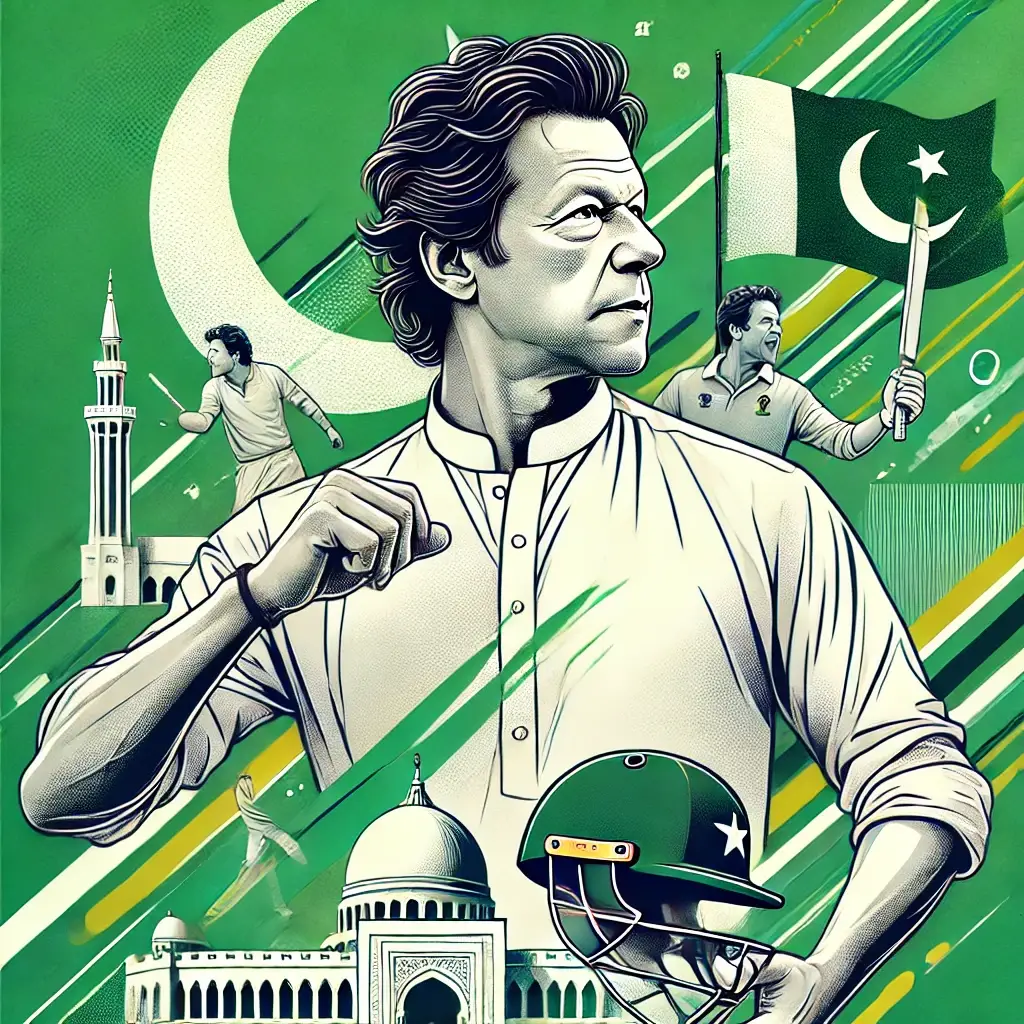
Imran Khan is a former cricket legend, former Prime Minister of Pakistan with bold vision for country transformation through his leadership and being an outspoken philanthropist.
Imran Khan's “Naya Pakistan” is an aspiration for an new Pakistan, funded on justice, equality and freedom from corruption. This became one of his central political agenda.
But Imran Khan tried hard to fight corruption by, for example, strengthening accountability measures but his anti corruption campaign was criticised as being politically biased.
He inherited a struggling economy, and made a series of reforms promoting foreign investment and and IMF loans. Nevertheless his policies were criticized for soaring debt and inflation.
Regional diplomacy was Imran Khan’s priority; he championed peace in Kashmir, a negotiated solution to Afghanistan and took an autonomous position vis-a vis global powers.
It was not, no, Imran Khan’s confrontational leadership style widened the gap between political rivals as opposed to bringing them together.
Imran Khan’s government clashed with the media, saying it had reported unfairly. His administration was accused of trying to curtail press freedom.
Millions supported Khan because of his personal charm and inspiring speech, but his charisma sometimes blinded the faults of his leadership.
However, most of all, his government’s response to corruption allegations has been one of the most talked about topics, many of which perceived such to be politically tilted rather than impartial.



















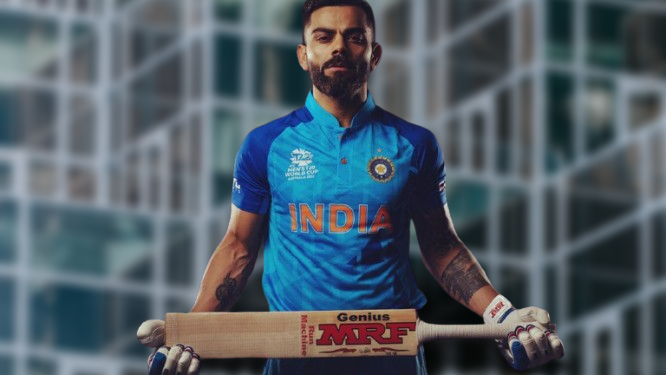
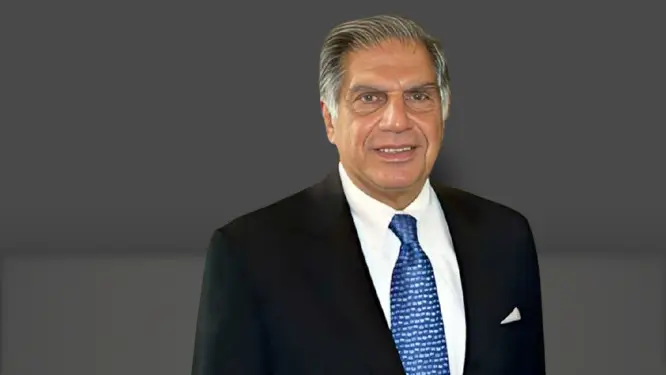






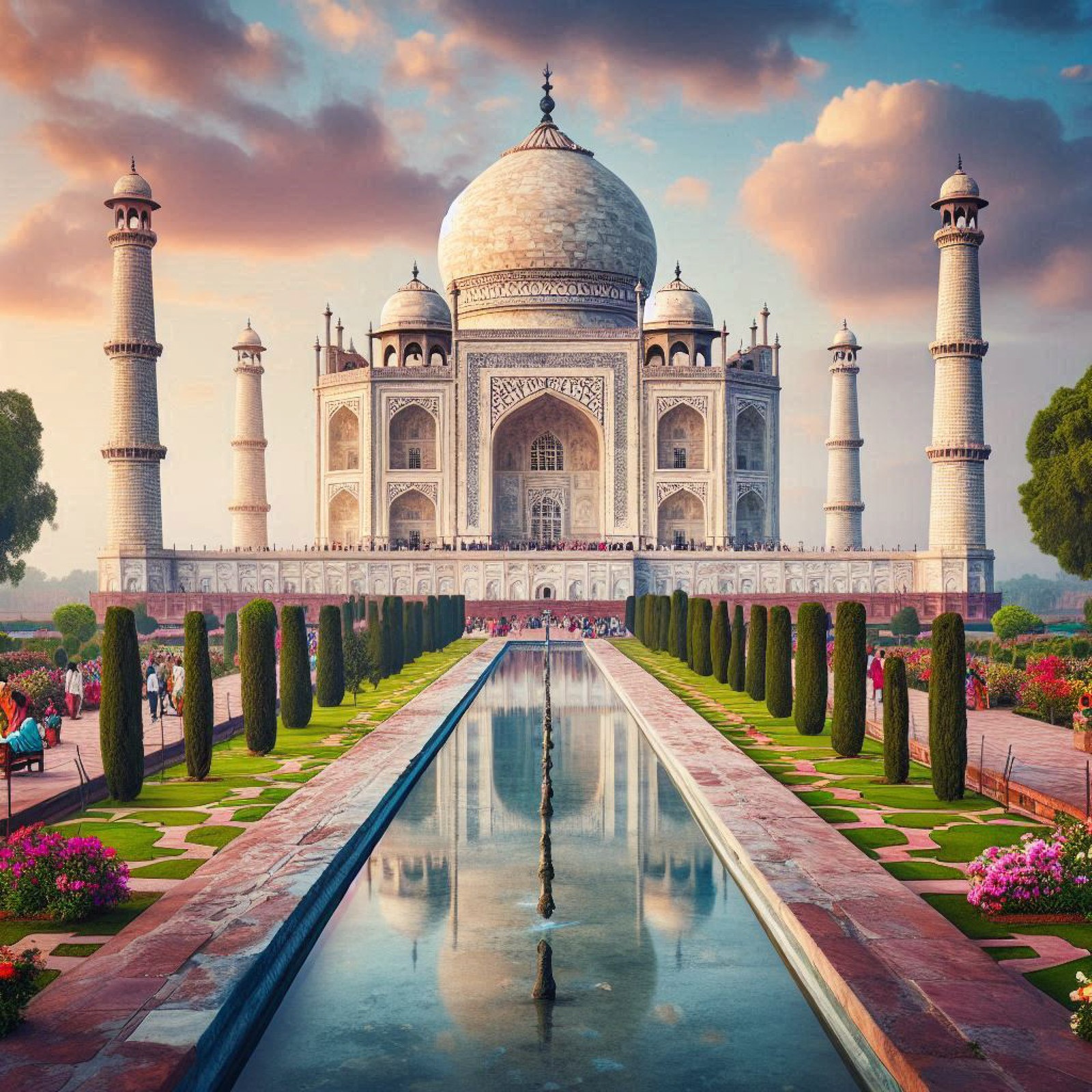



Trezor Suite